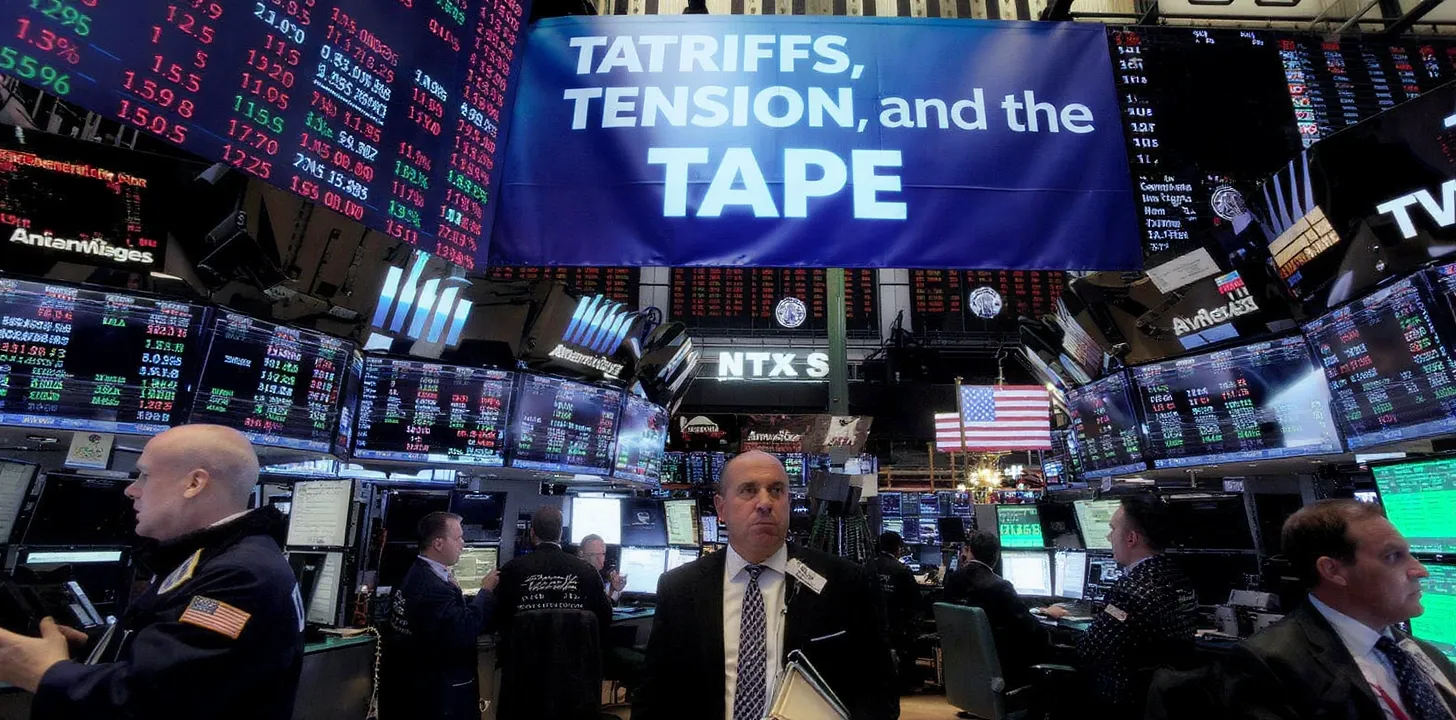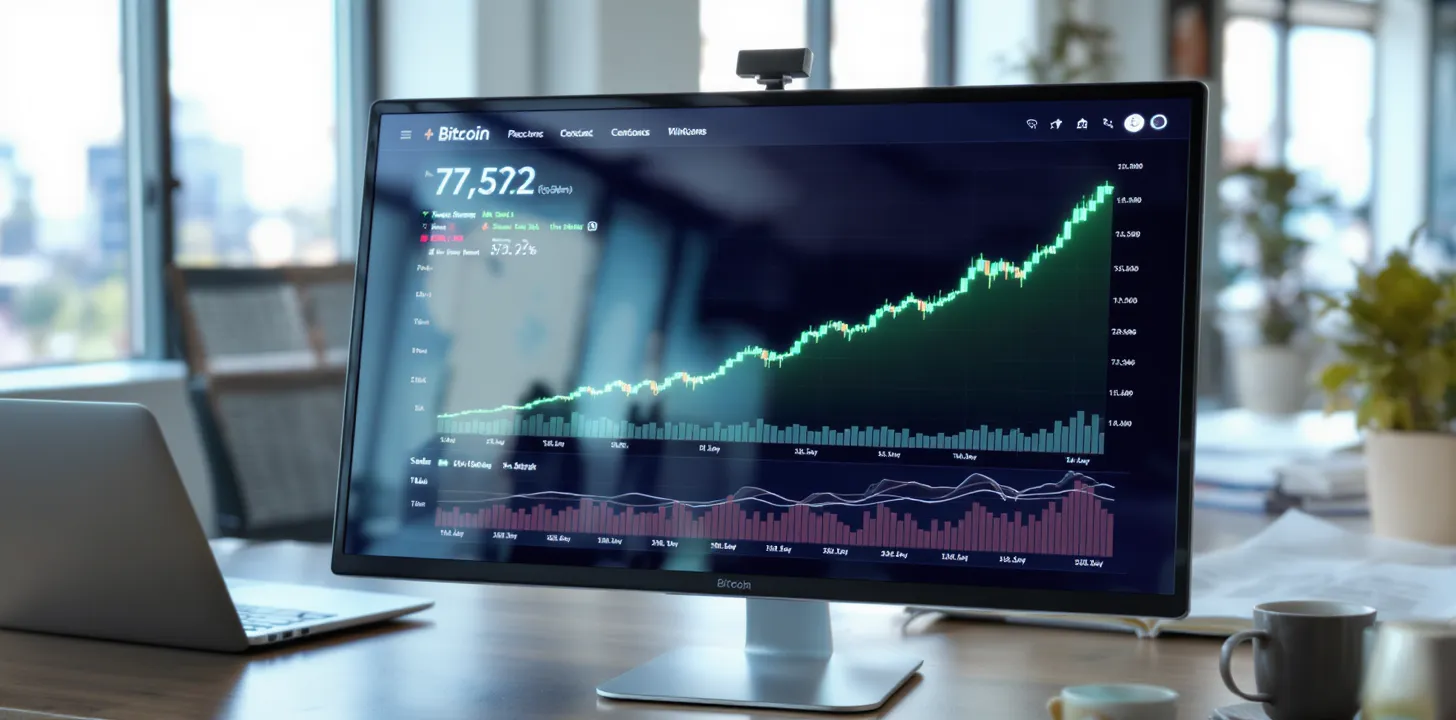This week promises to be a crucial one for global markets, as a series of major events across key economies unfold. With the U.S. presidential election, China’s anticipated fiscal stimulus, and interest rate decisions from central banks including the Federal Reserve, Bank of England, and Reserve Bank of Australia, investor sentiment may shift between optimism and caution. The convergence of these factors is expected to generate significant market volatility as central banks balance inflation control with economic support.
U.S. Election and Federal Reserve Rate Decision: Implications for the Dollar
The U.S. election on Tuesday is expected to bring short-term volatility to the dollar and equity markets. Prolonged uncertainty could weaken the dollar, as markets typically favor a clear and stable outcome. Meanwhile, the Federal Reserve’s anticipated 25-basis-point rate cut on Thursday will be pivotal. Although resilient economic data has complicated the decision, markets expect the Fed to keep a dovish stance. Chairman Powell’s press conference will be critical for gauging future policy direction, with dovish signals potentially pressuring the dollar, while hawkish comments could offer support.
China’s National People’s Congress and Stimulus Expectations
The Standing Committee of China’s National People’s Congress is expected to announce fiscal measures that could influence global markets, especially in Asia. A comprehensive stimulus package would likely boost sentiment and support demand for commodities, benefiting currencies linked to Chinese trade, like the Australian dollar. However, if the measures fall short, the yuan may face downward pressure. Key economic data from China, including the Caixin services PMI and trade data, will further impact market confidence in China’s economic recovery.
Global Central Banks: Rate Decisions from BoE, RBA, and Others
The Bank of England (BoE) is set to announce its rate decision on Thursday, with expectations that rates will hold at 4.75% amid recent fiscal policy adjustments. A dovish stance could weigh on the pound, while inflation concerns may offer some support. The Reserve Bank of Australia (RBA), meeting Tuesday, is also expected to keep its rate steady. The RBA’s tone on inflation and economic resilience will be closely watched, as any shift could impact the Australian dollar. Sweden’s Riksbank and Norway’s Norges Bank are also expected to maintain steady policies, potentially bolstering local currencies amid global rate cuts.
Market Sentiment and Risk Outlook
This week’s events introduce a high-risk environment for currency, equity, and bond markets. Political uncertainty, central bank decisions, and potential fiscal measures in China will likely create an unpredictable trading landscape. Investors should monitor U.S. jobs and trade data closely, as these indicators could strengthen or weaken the dollar depending on economic resilience. China’s stimulus announcement is expected to shape risk sentiment across Asia, while the BoE’s approach to fiscal discipline could drive pound volatility. As platforms like CMS Prime provide real-time insights, traders are advised to remain adaptable amidst potential market shifts.



